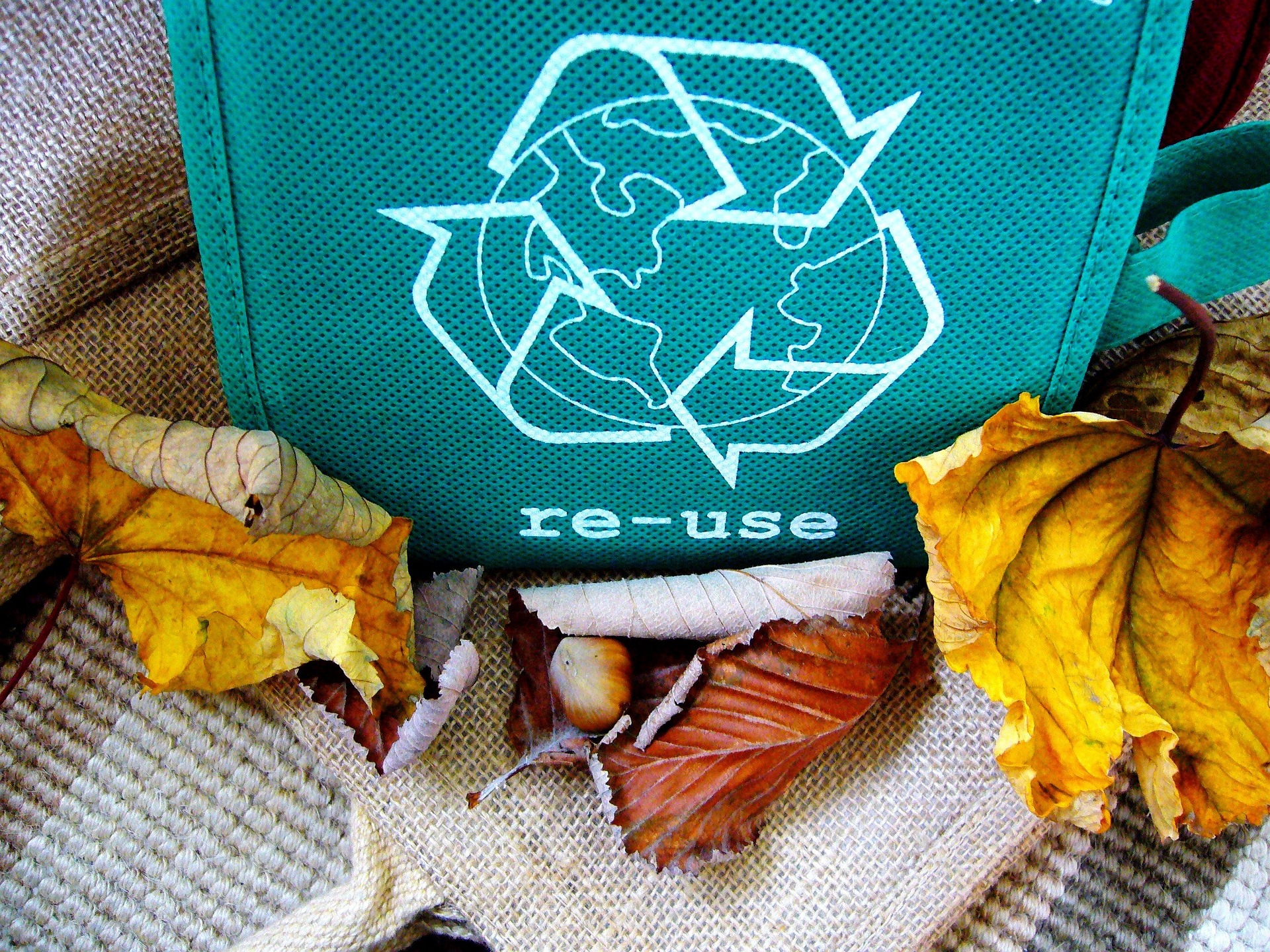The I-Team carried out an investigation that highlighted serious issues with recycling processes in St. Louis City. Some cities refuse drivers disclosed problematic practices that hinder effective recycling of residents’ waste.
Shortcomings in Recycling Unearthed
Three city refuse workers, keeping their identities a secret, report the city frequently combines recycling with trash and yard waste. This happens mainly in low-income areas of North St. Such as Hamilton Heights, Wells Goodfellow, and Baden as well as some South St. Louis neighborhoods like Marine Villa, Dutchtown, and Shaw. In contrast, areas like Dogtown, Jamieson, Park Place Way and Tower Grove manage to separate their trash from recyclable items.
Account from Whistleblower
An anonymous whistleblower informed during an interview with the I-Team that they are made to mix all types of waste materials including recycling, regular trash and yard waste sometimes. They estimate this happens across almost half the city’s region adding, “they think certain neighborhoods don’t recycle.”
Citizens are asked to pay $14 per month for refuse services including recycling sans a proper statement highlight contribution towards each service type specifically costs related to recycling activities aren’t broken down. The whistleblowers indicated that following instructions to combine every kind of waste is something they think might be a cost savings solution for the city especially on north side routes.
The Inspection Process Followed by The City
The city employs four individuals for checking alley recycling bins prior pickup. If these cans are found contaminated with water or plastic bags etc., they are marked “contaminated, “and drivers are asked to dump as normal garbage. However, as the whistleblowers claim, inspections are not done properly instead often rely on area specific assumptions leading to avoidable mixing of recycling with trash.
Recycling Impact
Senior Investigative Reporter Paula Vasan asked one driver about the frequency at which they load clean recycling into their trash trucks. The driver answered, saying it’s every time they go to work. They clarified that not following orders can lead to disciplinary action. Certain documents obtained by the I-Team show that drivers are given clear directives to combine all types of waste across entire city routes. For instance, Route 40 with about 75 alley recycling bins have all been mixed with regular garbage due to such orders.
City’s Reaction and Challenges Faced by Them
Robert Atchisson, a spokesperson for the St. Louis City Street department conceded there is a problem and mentioned about constraints faced by them while trying effective management of recycling activities. The city employs only 57 drivers instead of the permitted 82 causing severe workforce shortage.
As per Atchison, it becomes difficult for them maintain separate pickups for garbage and recyclable materials due to this lack along with team leaders being responsible for inspecting bins before deciding whether or not contamination exists. If found adulterated, they are collected as solid waste as an effort to contain further pollution.
Residents’ Frustration
The inhabitants experience valid frustration after these revelations buying an improperly delivered certified service. One whistleblower pointed out this unfair situation by stating how people trying their best contribute towards environment face disappointment seeing their efforts go vain, because city dumps them along with the ordinary trash.
Efforts to Improve
The city faced allegations however accepted their shortcomings and initiated ways addressing those. According to Refuse Commissioner Randy Breitenfeld they used Wasted Management as vendor where percentage contamination was high chambering around 60% in total recycled. But lately transitioned Republic Services bringing down contamination figures significantly. Now 80% recyclable material gets successfully processed with remaining 20% still finding place amongst contaminants.
Nevertheless, high cost of recycling versus shipping contaminated loads to dumping ground still a major barricade. Breitenfeld claimed city experiences almost four and a half times more expenditure in handling recycling than disposing contaminated loads in dump grounds.
Action Required
- Approach City Officials, Residents should reach out to city officials asking for better recycling management.
- Educate Oneself, learn correct procedures of recycling, it can help lower contamination rate
- Stay Informed, keep track of developments related to the city’s attempts towards improving waste management and participate in any public discussions organized by them.
Conclusion
The revelations by whistleblowers emphasis severely prevailing issues within St. Louis City’s recycling system. Despite honest efforts from residents, significant number of recyclable materials end up in landfills due to insufficient inspection practices and improper handling. The city should address these prevailing issues if they intended restoring public confidence assuring their efforts won’t be useless.
Residents are left skeptical about the system they pay supporting. Further enhancements needed in educating people alongside honing inspection skills providing enhanced trustworthy recycling program.










+ There are no comments
Add yours